Executive Board
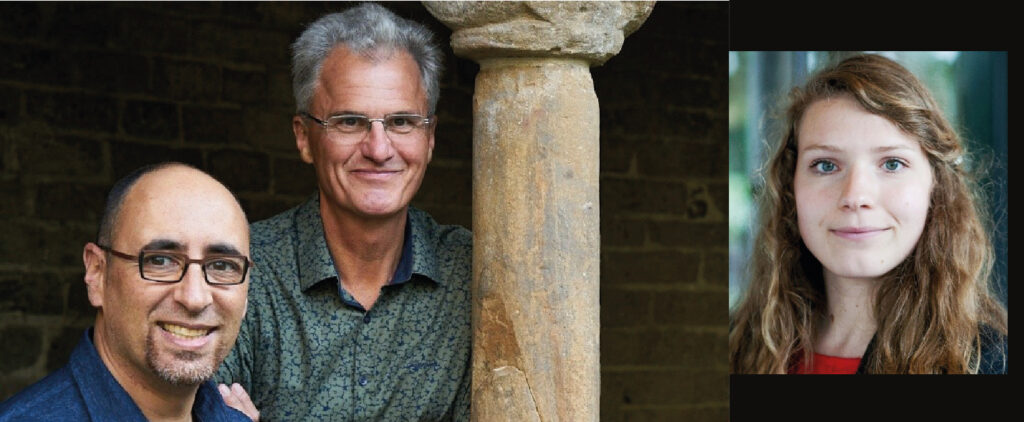
Prof. dr. Matthijs Verhage (chair)– Vrije Universiteit Amsterdam & Amsterdam UMC
Prof. dr. Nael Nadif Kasri (Vice chair)– Radboudumc
Dr. Claudia Persoon (project manager) – Vrije Universiteit Amsterdam & Amsterdam UMC
Steering committee
Dr. Eline Bunnik – Erasmus MC
Prof. Dr. Floris Rutjes – Radboud Universiteit
Prof. Dr. Hilgo Bruining – Amsterdam UMC
Dr. Klaus Linkenkaer Hansen – Vrije Universiteit Amsterdam
Dr. Monica Frega – Universiteit Twente
Dr. Niels Cornelisse – Vrije Universiteit Amsterdam
Dr. Niels Tas – Universiteit Twente
Prof. Dr. Tjitske Kleefstra – Radboudumc
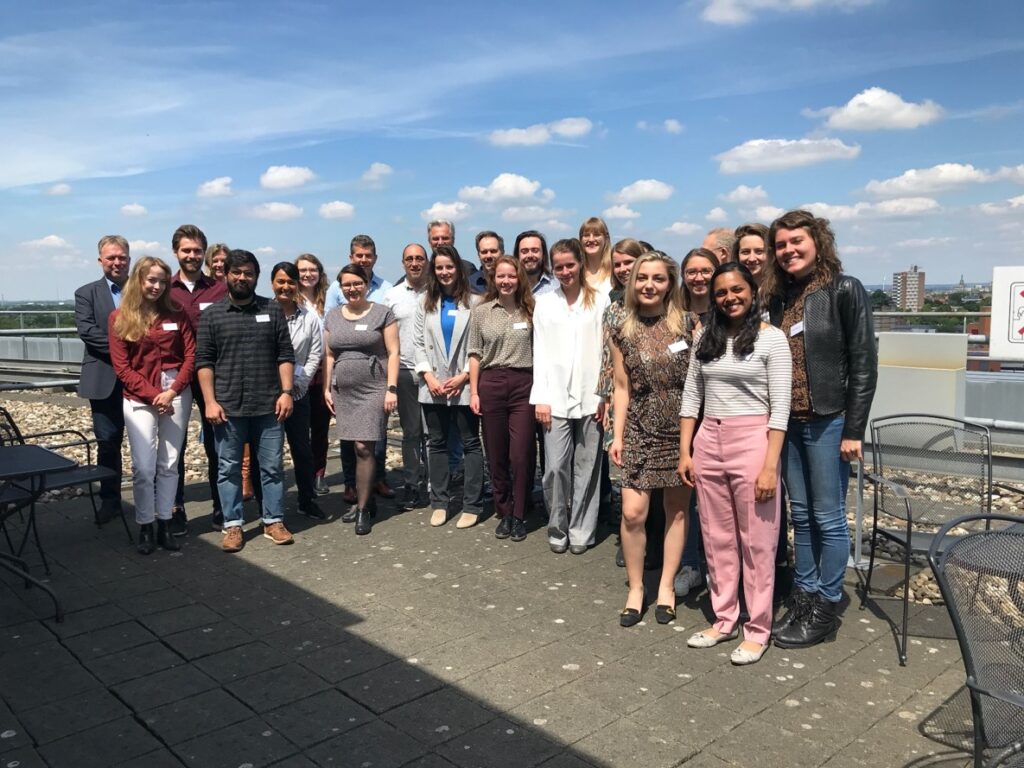
BRAINmodel PhD students
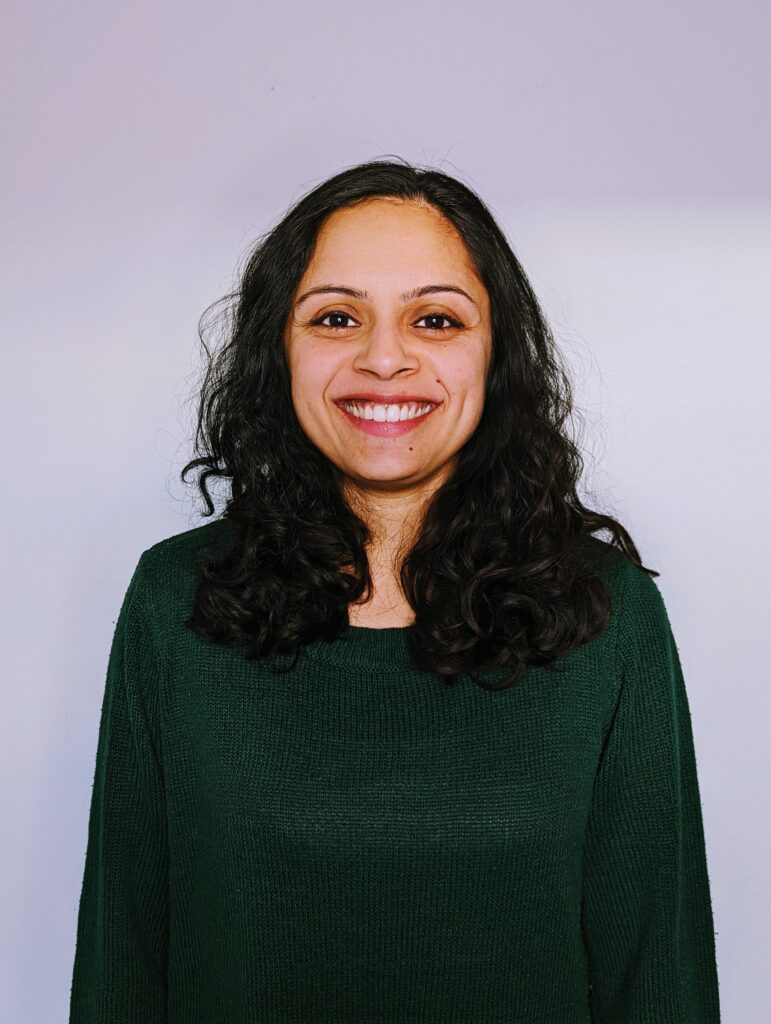
Shilpa Anand
PhD candidate at Amsterdam UMC
Investigation of EEG biomarkers to study the effect of Bumetanide, using an N=1 study design, in the treatment of neurodevelopmental disorders (NDDs).
WP2: D2.3; WP5: T5.2 and T5.3 (see below).
Additya Sharma
PhD candidate at VU University
Computational models and EEG tools for understanding how aberrant IPSC properties relate to clinical manifestations
WP2: T2.1, T2.3, and T2.4; D2.3.
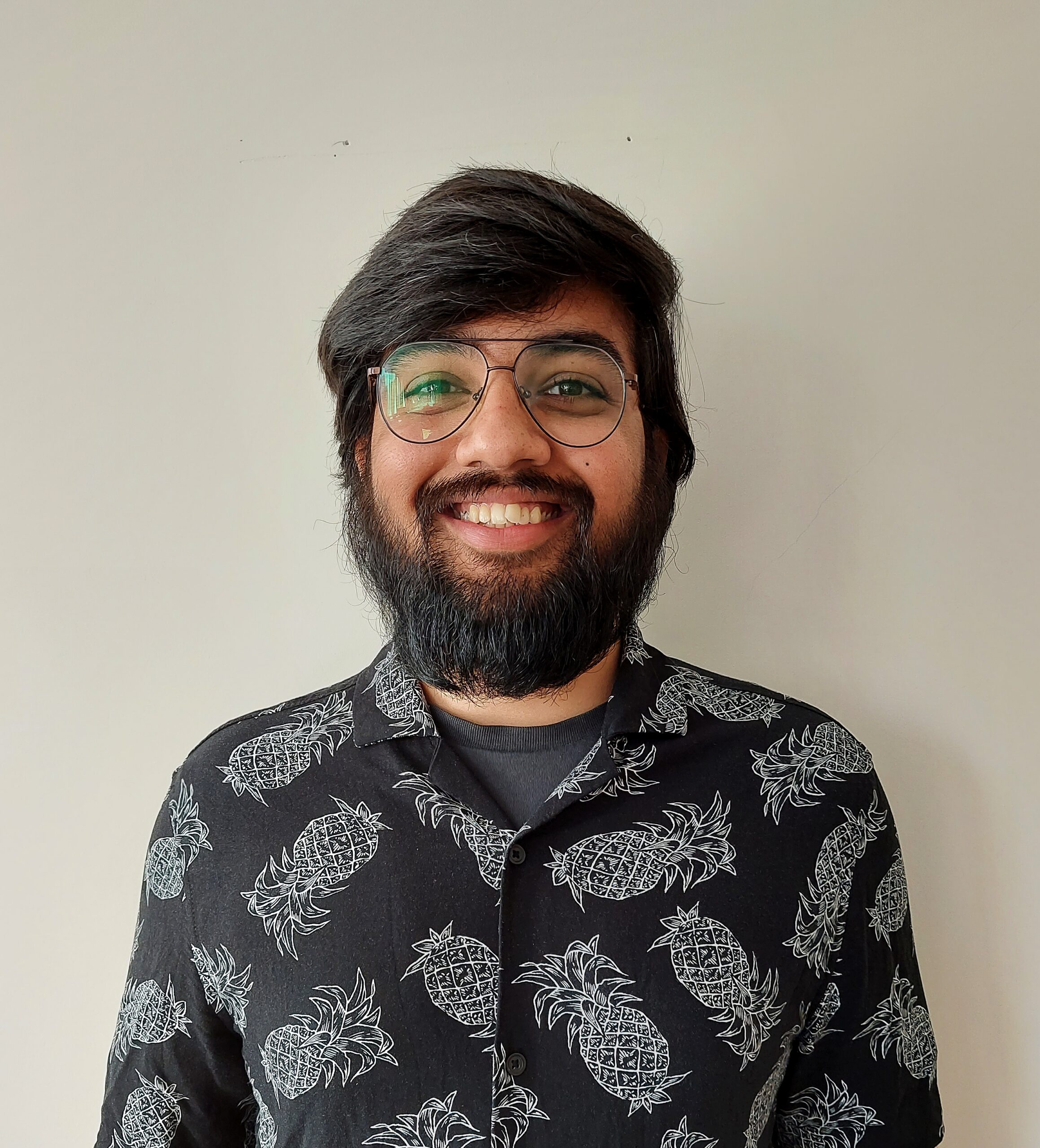
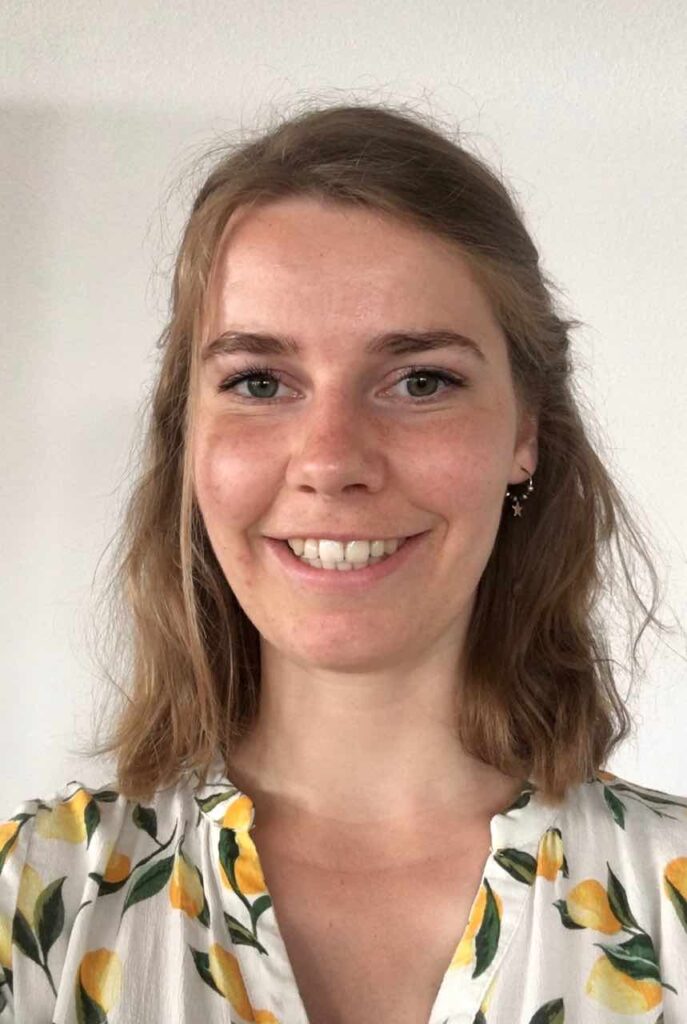
Arianne Bouman
PhD candidate at Radboud UMC
Clinical phenotyping and following excitation/inhibition ratio homeostasis in Chromatin- and SNAREopathies
WP1: T1.1 and T1.2; D1.2 and D1.2
WP2: T2.1, T2.3 and T2.4
WP5: T5.1, T5.2, and T5.3; D5.1, D5.2, and D5.3
Nina Doorn
PhD candidate at University Twente
Integration of cellular, network, and EEG data
WP2: T2.2, T2.3, and T2.4; D2.2 and D2.3
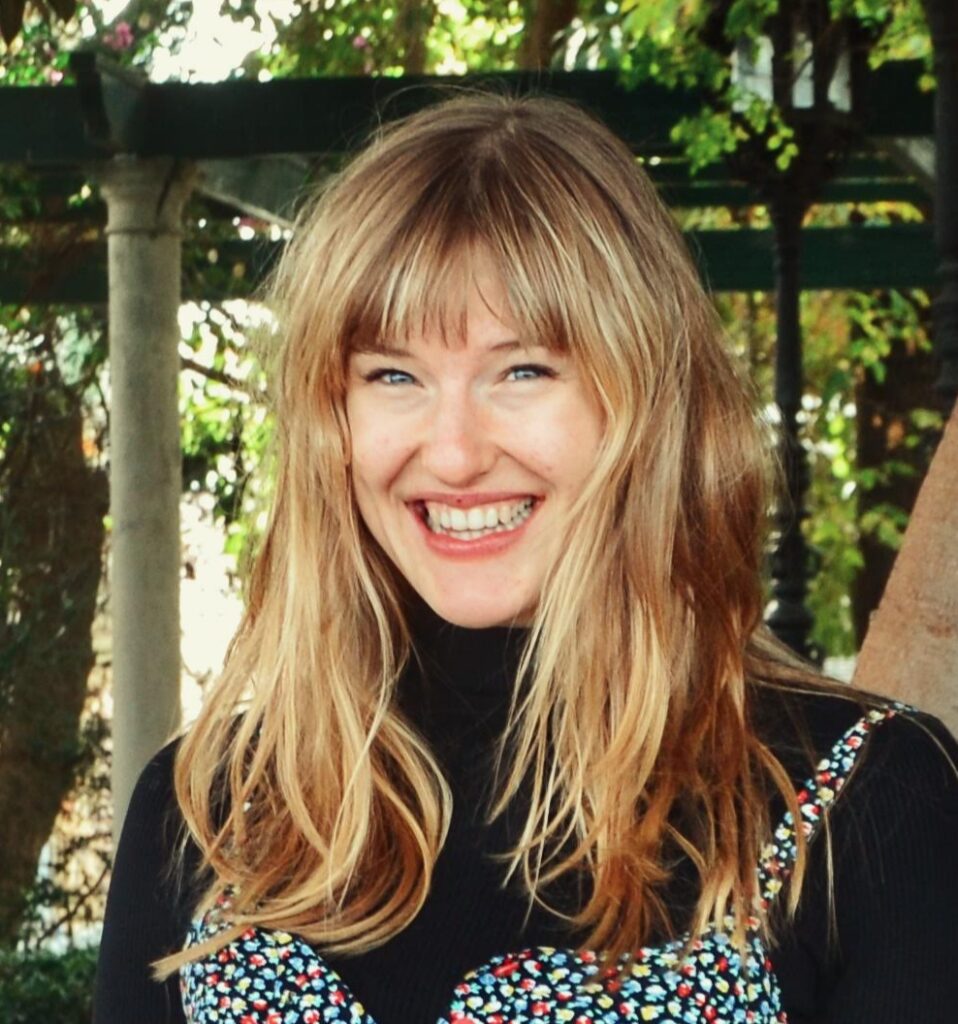

Sietske van Till
The ethical aspects of using patient-own stem cell-derived neuronal cell models in research and clinical care of children with monogenetic neurodevelopmental disorders.
WP1: T1.1, T1.2, and T1.3; D1.1, D1.2, D1.3 and D1.4
Ellen van den Berg
PhD candidate at Radboud University
Novel compounds for SNAREopathies and Chromatinopathies.
WP4: T4.2, D4.2

Affiliated researchers
Chantal Bijnagte-Schoenmaker – Radboudumc
Dr. Dirk Schubert – Radboud Universiteit
Eva Haspels – Amsterdam UMC
Gianina Cristian – Radboudumc en Amsterdam UMC
Dr. Jennifer Ramautar – Amsterdam UMC
Dr. Jonne Doorduin – Radboudumc
Dr. Joyce Geelen – Radboudumc
Lara Janssen – Vrije Universiteit Amsterdam
Lisa Geertjens – Amsterdam UMC
Maaike van Boven – Vrije Universiteit Amsterdam
Miriam Öttl – Vrije Universiteit Amsterdam
Dr. Ruud Toonen – Vrije Universiteit Amsterdam
Torben van Voorst – Vrije Universiteit Amsterdam
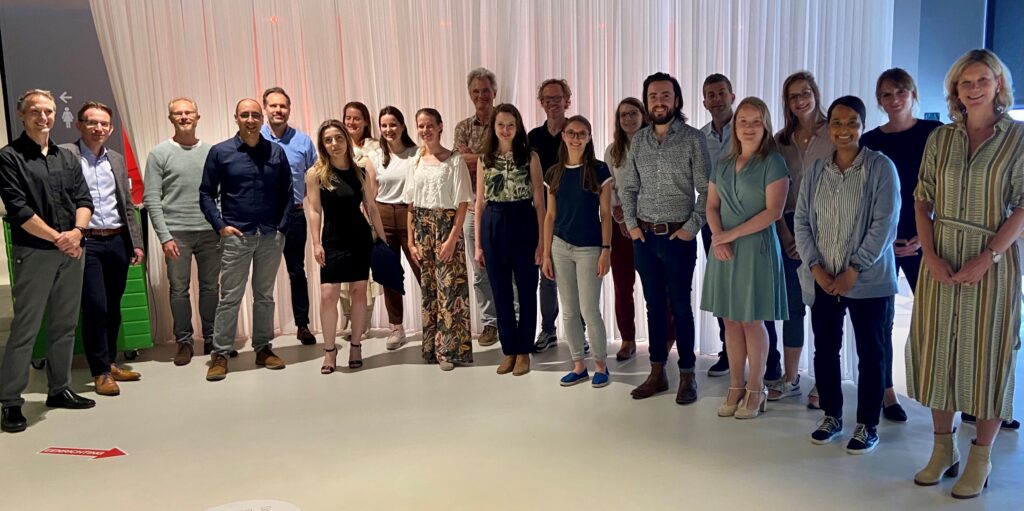
| WORKPACKAGES (WP) TASKS (T) and DELIVERABLES (D) |
| WP1 – Address ethical issues in IPSC-based approaches and develop ethics guidance T 1.1 Understand patients’ and patient families’ perspectives of IPSC technology. T 1.2 Understand clinicians’ perspectives & preferences regarding IPSC technology. T 1.3 Develop ethics guidance for research & clinical implementation of IPSC technology. D 1.1 Report on qualitative studies of patients’, families’ and clinicians’ perspectives and preferences. D 1.2 Develop and distribute patient, patient family and clinician educational materials (animated videos). D 1.3 Make innovative conceptual contributions to ethics literature on IPSC technology in NDD research. D 1.4 Offer practical ethics guidance on expected and emerging ethical issues associated with clinical implementation of IPSC technology in NDDs. |
| WP2 – Employ our IPSC-based assays to characterize aberrant synaptic/network properties, and relate these to E/I-sensitive EEG biomarkers and clinical manifestations for selected mNDDs T 2.1 Extend clinical cohort and generation of iPSCs T 2.2 Examine E/I disturbances in iPSC-derived neurons and neuronal networks. T 2.3 Integrate MEA assays with new EEG biomarkers for E/I balance. T 2.4 Integrate cellular and clinical data. D 2.1 A well-characterized cohort of iPSC lines deposited at UMC Biobanks and hPSCreg D 2.2 All patient IPSC derived neurons functional characterized for E/I ratio at the single/network level D 2.3 Functional E/I quantification based on EEG for enrolled patients. |
| WP3 – Restore aberrant properties with off-label medication and indicate rational treatments T 3.1 Select and test compounds to restore aberrant properties in our IPSC models. D 3.1 Select high-confidence compounds for each mNDD gene. |
| WP4 – Upscale IPSC-based assays and design new compounds T 4.1 Develop nano-chip for parallel patch-clamp. T 4.2 Develop novel compounds. D 4.1 Up-scaled nanochips and set-up for multiple (3 x 3) site patch-clamp recording D 4.2 6 Novel compounds selectively targeting SNAREopathies or Chromatinopathies |
| WP5 – Disseminate BRAINMODEL strategy for other NDDs and as a European standard T 5.1 Connecting patients and researcher to engage in patient-centered outcomes research. T 5.2 Demonstrate the applicability to other (m)NDDs. T 5.3 Assist with the implementation of BRAINMODEL in other academic centers. D 5.1 Impact plan for knowledge utilization and annual panel discussions D 5.2 Awareness of the BRAINMODEL strategy in international NDD centers/clinics D 5.3 Promoted impact of BRAINMODEL strategy for cell-based medicine |
